Before you dive into ‘dead’ artists, this bunch of artists below is well and truly alive and is using their art to raise awareness for environmental issues such as deforestation, plastic pollution or global warming.
More about Drawing United >
When you buy art from them, they give away at least 2 pounds to their JUST ONE TREE fund so trees get planted across the world.
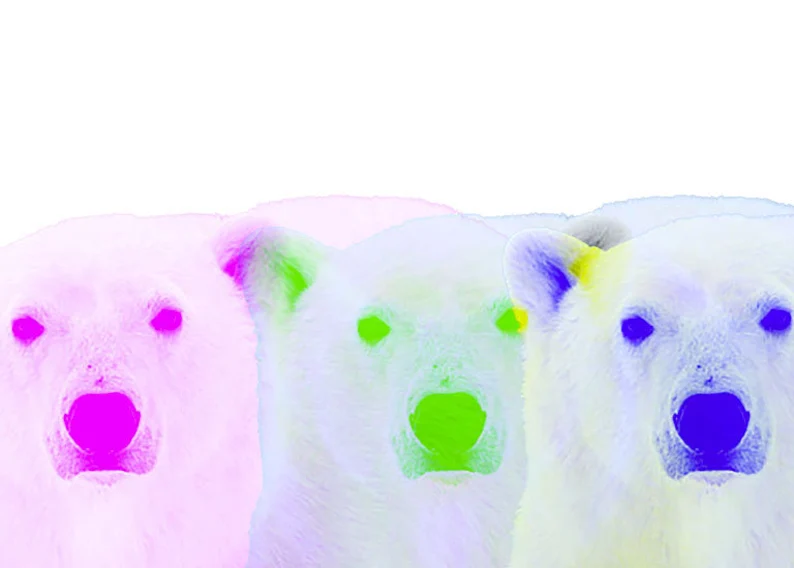
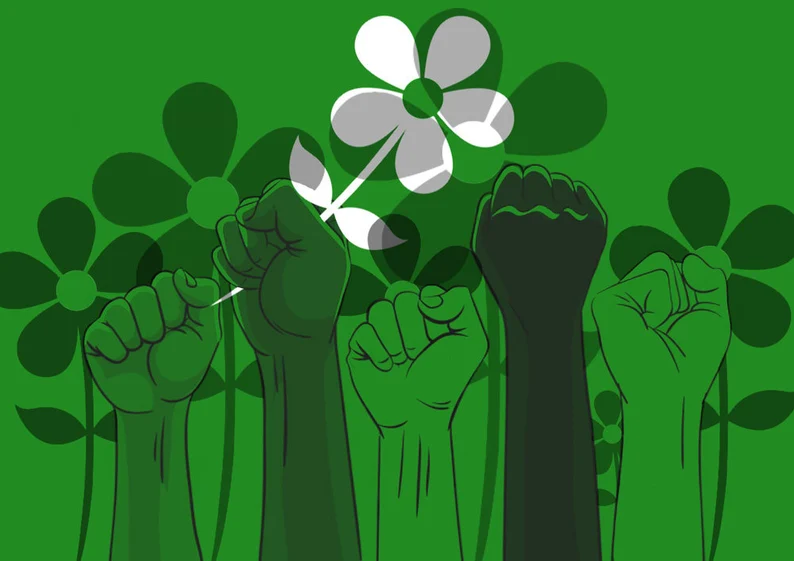
Who would you say are the most influential artists of all time? Vincent Van Gogh? Cézanne? Monet? It’s surprising to think that, despite these artists’ worldwide fame and appreciation, they weren’t really recognised as masters until after they had died.
Here are eight famous artists who gained appreciation after death:
Vincent Van Gogh
Van Gogh is renowned the world over. There can’t be many people who haven’t, at some point, seen a representation of his sunflowers paintings or his own self portrait. Van Gogh was a prolific painter – he produced more than 900 paintings during his lifetime – but they were often criticised for being too dark and lacking in energy. It was Van Gogh’s sister-in-law who, after his suicide in 1890, preserved his works to be appreciated at a later date.
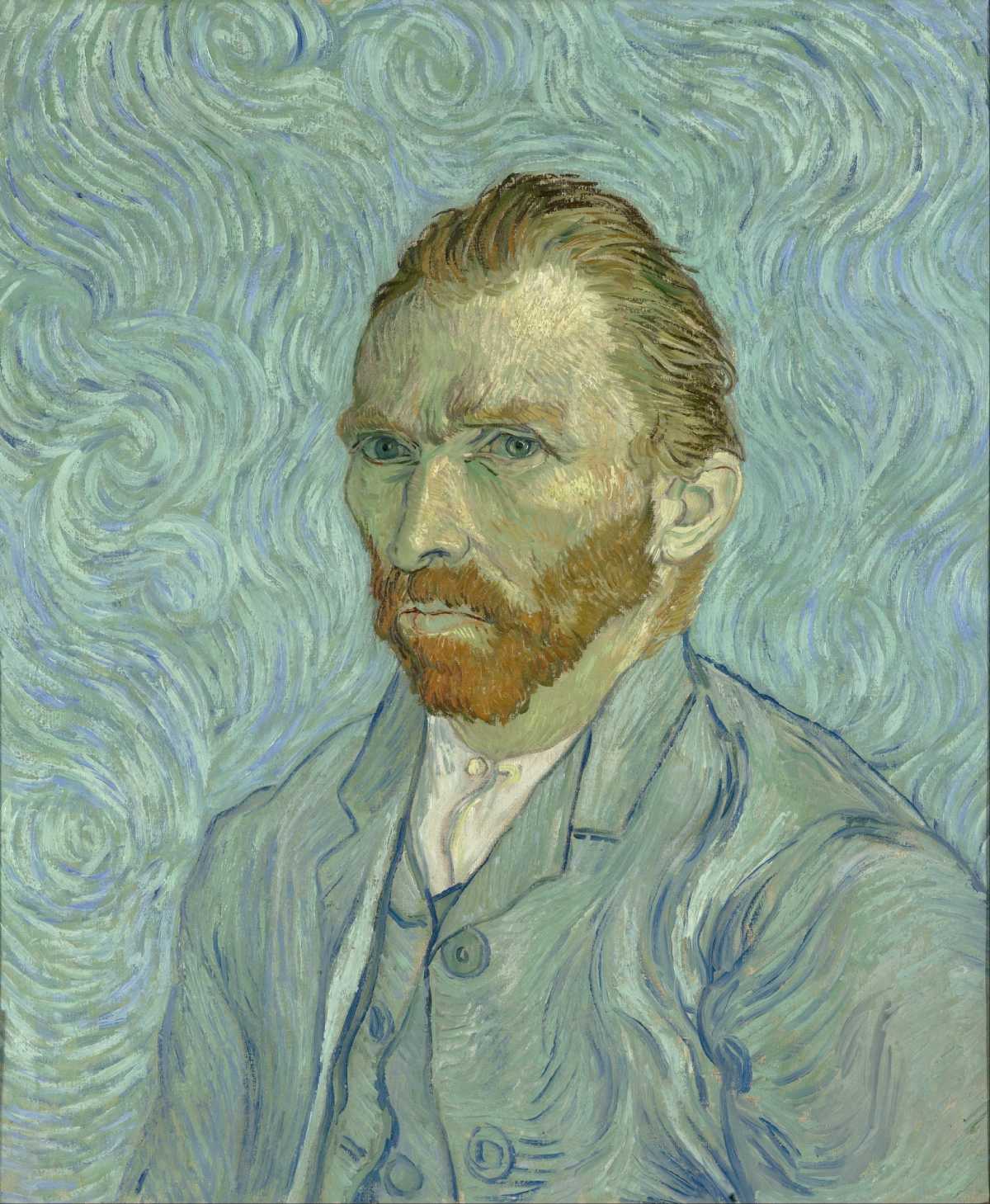
Paul Cézanne
Cézanne is widely touted as the essential bridge between the Impressionist art of the 19 th century and the Cubism of the 20 th century. Many young artists revered Cézanne during his lifetime – Picasso and Matisse referred to him as “the father of us all” – but his work was consistently rejected by the official Salon in Paris and made fun of by art critics. Just a year after his death in 1906, Cézanne’s artworks were given the exposure they deserved in a retrospective at the Salon d’Automne.
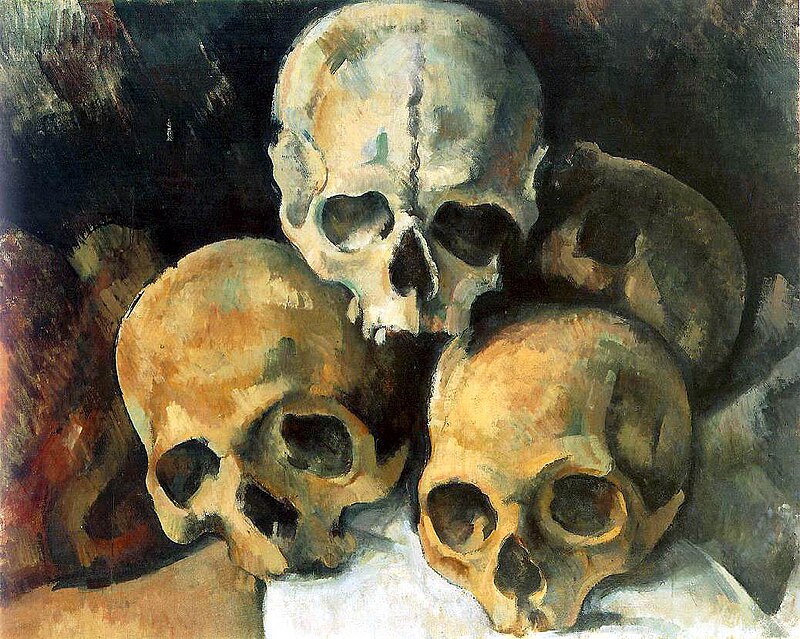
Claude Monet
Monet’s waterlily paintings are surely amongst the most famous in the world. Yet during his lifetime, his unique form of painting – choosing nature and landscapes as subjects and using short brushstrokes to create a sense of movement – were rejected by the art world of the time.
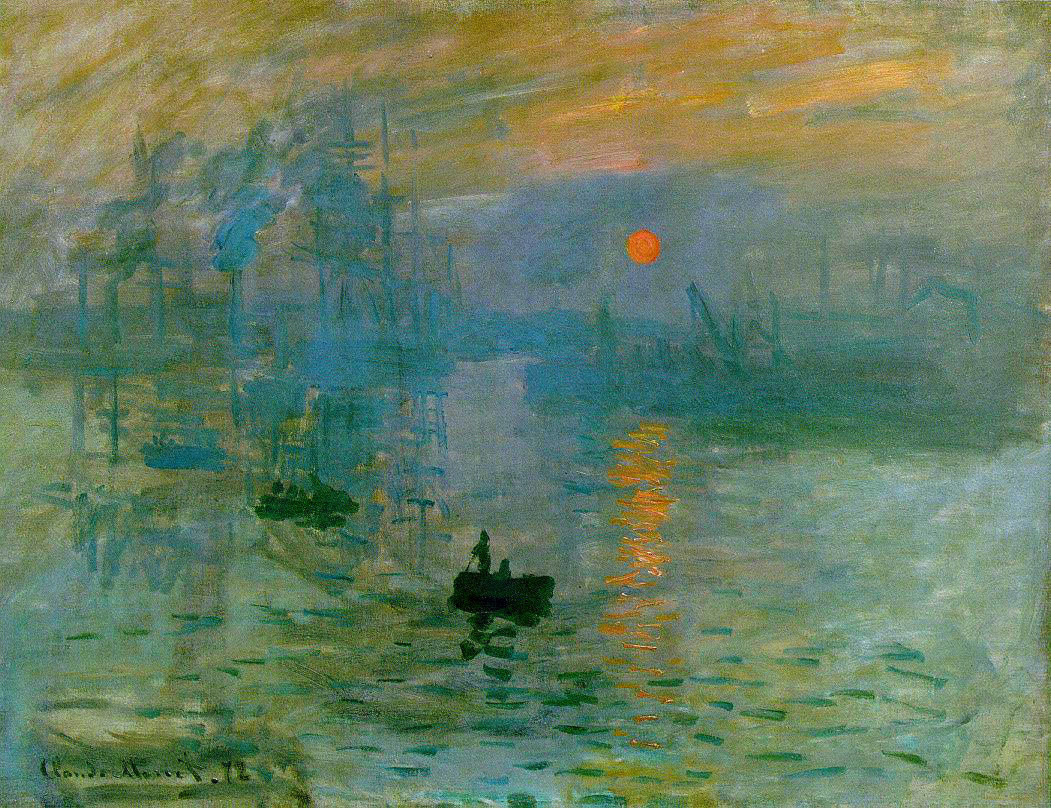
Paul Gauguin
Another artist who pushed at the preconceived limits of his craft and went largely unappreciated during his lifetime was Paul Gauguin. His deeply colourful Post-Impressionist paintings influenced many famous 20 th century artists, including Picasso and Matisse, and now sell for millions of dollars.
Henri Toulouse Lautrec
Maybe it was Toulouse Lautrec’s unusual painting style or his less than respectable subject matter that saw his work underappreciated in his lifetime. He painted the gaudy world of brothels, prostitutes and can-can dancers in 19 th century Paris. It was only after his death in 1901, that Toulouse Lautrec’s mother began to promote his art and it began to receive acclaim.
‘Selfportrait’,Henri Toulouse Lautrec
Domenikos Theotokopoulos “El Greco”
El Greco was born in 1541 and spent much of his life in Spain. The painter, sculptor and architect only became properly appreciated four centuries later. During his own lifetime he was described as a “mad painter”, one who didn’t work within any of the recognised artistic schools and was criticised for his antinaturalistic style.
Georges-Pierre Seurat
Seurat, a French Post-Impressionist, is perhaps most famous for his painting A Sunday Afternoon on the Island of La Grande Jatte . The painter is also responsible for bringing pointillism to the world. The term pointillism was actually invented by art critics of the time who used it to mock Seurat’s work.
Johannes Vermeer
Dutch painter, Vermeer, painted domestic scenes and portraits. Paintings like Girl With a Pearl Earring demonstrate a masterful use of light. However, Vermeer painted few works during his lifetime and left his family in debt when he died. It’s only with the passage of time that Vermeer has been recognised as one of the most influential Dutch painters of all time.
It’s incredible to think that these artists were ridiculed for their artworks and didn’t sell much at all during their lifetimes. Experimenting with new techniques and unorthodox subjects, they were ahead of their times. They inspired generations of artists to come and rightly deserve the posthumous appreciation they have all now gained.

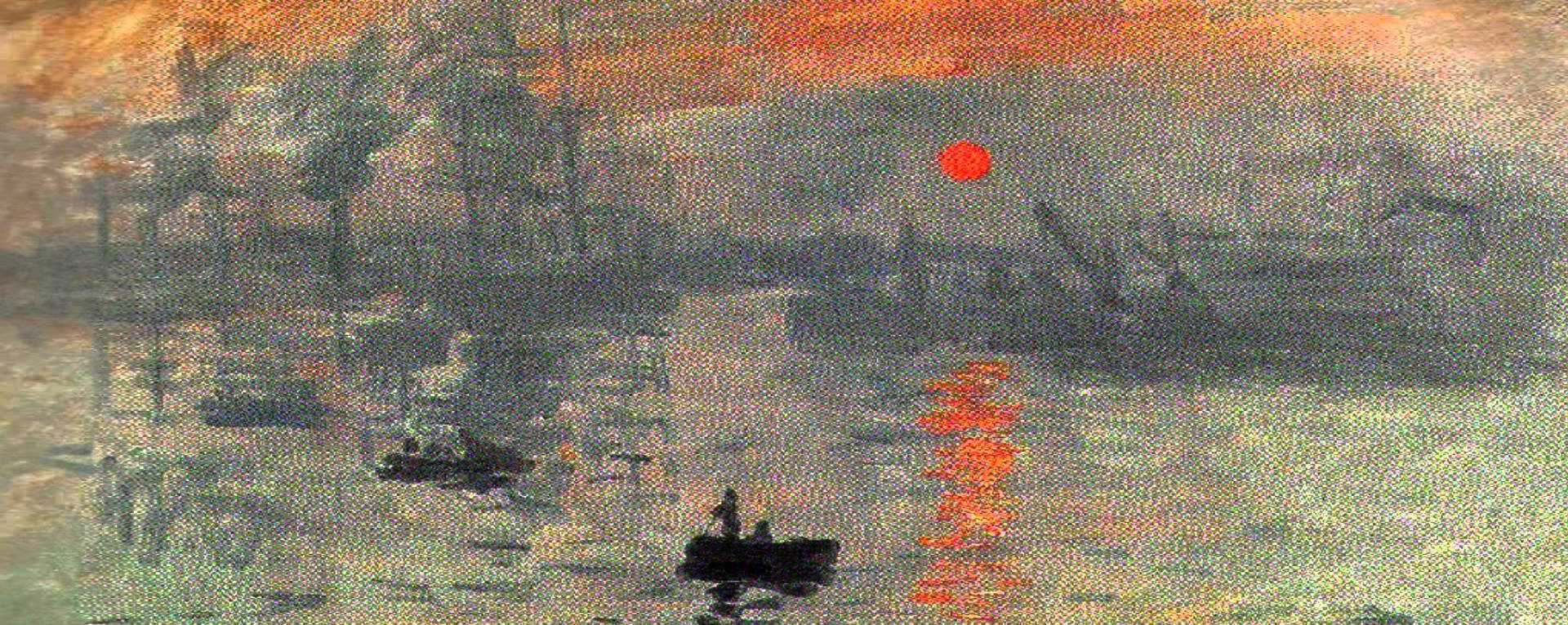


Loads of artists seem to get some sort of fame very quickly these days, and in some cases, I wonder why.
If Van Gogh was of this generation, would he become famous before his death?
Cool history